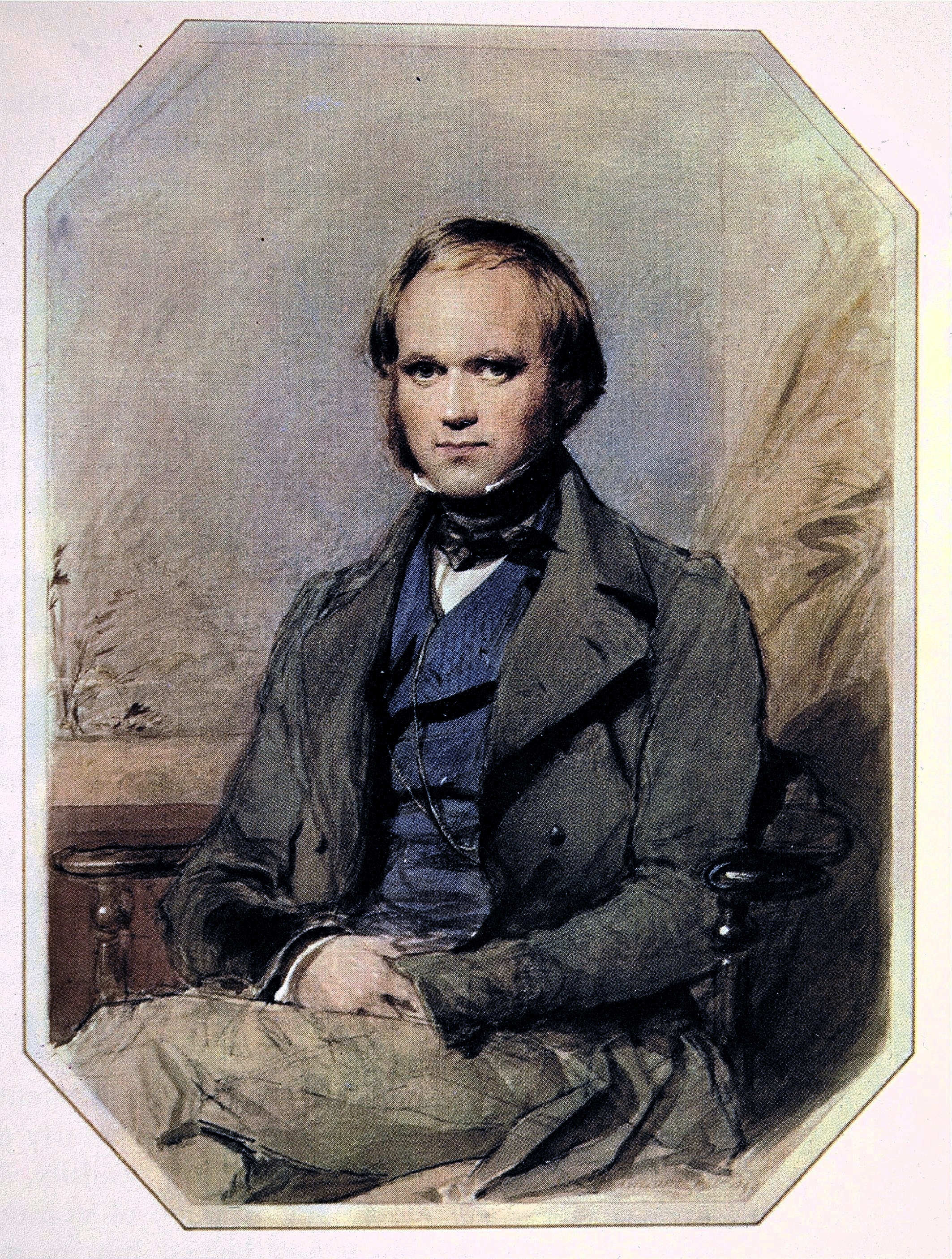As part of my dissertation, I’ve been looking at several metaphors that Charles Darwin used to describe evolution and natural selection in The Origin of Species. It’s been interesting to see which have survived to the present day and which haven’t: Darwin was a great popularizer of his own ideas, but some of his images have stayed in the public eye more prominently than others. The ‘big one’ is probably the metaphor of the “Tree of Life” as a metaphor for evolution in its entirety, but there are several others that he used to illustrate different aspects of his theory. But I’m planning on writing more about this later…
Today, I wanted to point to this discussion, held at the Grant Museum of Zoology of the University College London, on the question of whether Darwin would have been able to get a job as a biologist today. On the surface, it’s a ridiculous question: Darwin’s body of work was the impetus for one of the most profound transformations of the field of biology that has ever occurred. His work has had an incredible impact on the way we view ourselves as a species in relation to the rest of life (and also has been misappropriated in an attempt to justify some strikingly heinous social policies). But if you dig a bit deeper into the kind of scientist he was, and the way that science as a discipline has changed, this actually is an interesting question.

In a nutshell, Darwin was a ‘gentleman scientist,’ naturalist, and experimentalist, who spent a lot of time observing many different aspects of the natural world. While he’s famous for observing some birds on a long ocean voyage, he also wrote about volcanoes, fossils, coral reefs, plants, chicken breeding, and compost. Today, molecular biology and lab work are where much of the biology action is, and basic natural history research is seriously underfunded in many places. There’s also a much higher degree of specialization among scientists today. So, would Darwin have been able to compete in today’s environment? Take a look at what the museum’s panelists had to say.
My guess is that he would be able to make it in biology today- he seems to have been a pretty adaptable individual, social networker, and fundraiser. But would miss the hands-on excitement of collecting new species of insects, examining rocks, and poking around on tropical islands? I’ll bet he would.